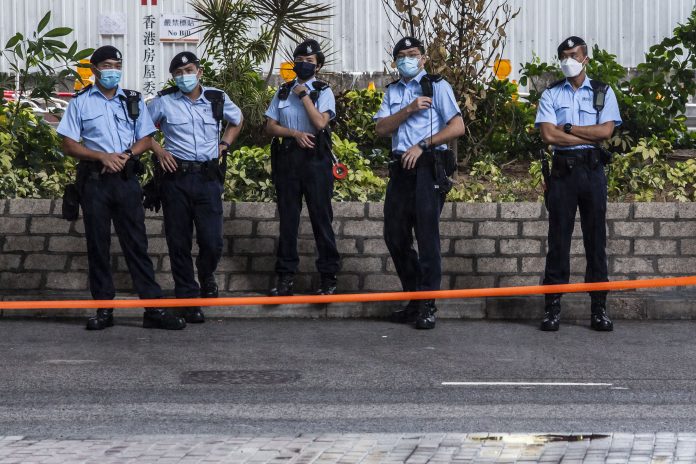A Hong Kong pastor and a housewife were both jailed on Thursday, October 27, after they were convicted of sedition for clapping in court and criticising a verdict against a democracy activist, local media reported.
The sentence is the latest under Hong Kong’s sedition law, once a little-used hangover from the British colonial period that has been embraced by prosecutors as China cracks down on dissent in the city.
Evangelical pastor Garry Pang and housewife Chiu Mei-ying were both convicted of “uttering seditious words” after they used applause and comments in court to criticize a verdict against a jailed democracy activist.
Pang, 59, was given a year-long sentence while Chiu, 68, received three months.
Pang was separately convicted of another sedition count for comments on his YouTube channel about democracy protests.
The two regularly attended activists’ trials, which have filled Hong Kong’s courts since a crackdown followed huge protests three years ago.
“Pang not only openly admitted he clapped, he also criticized the magistrate of being conscienceless … which incited others to despise the judiciary,” magistrate Cheng Lim-chi said, according to local publication The Witness, which covers Hong Kong courts.
Cheng also found that Chiu called the sentencing magistrate “unjust.”
More than 200 people — the bulk of them activists, former elected lawmakers, unionists and journalists — have been arrested on national security charges since mid-2020.
About one-fifth of those arrested have been hit with charges of sedition, which is treated as a national security crime.
Critics say the national security campaign has eviscerated freedoms and begun transforming Hong Kong’s legal system, while Beijing says order has been restored in the wake of the demonstrations.
Thursday’s verdict came a day after Hong Kong was demoted in the World Justice Project’s annual global rule of law index.
The city fell three places to 22 out of 140 regions and countries. It was the second-largest drop in the Asia-Pacific region after Myanmar, where the military seized power last year.
The Hong Kong government rejected the lower ranking, saying it was “possibly due to the lack of an accurate and overall understanding of the real situation of the city.”









